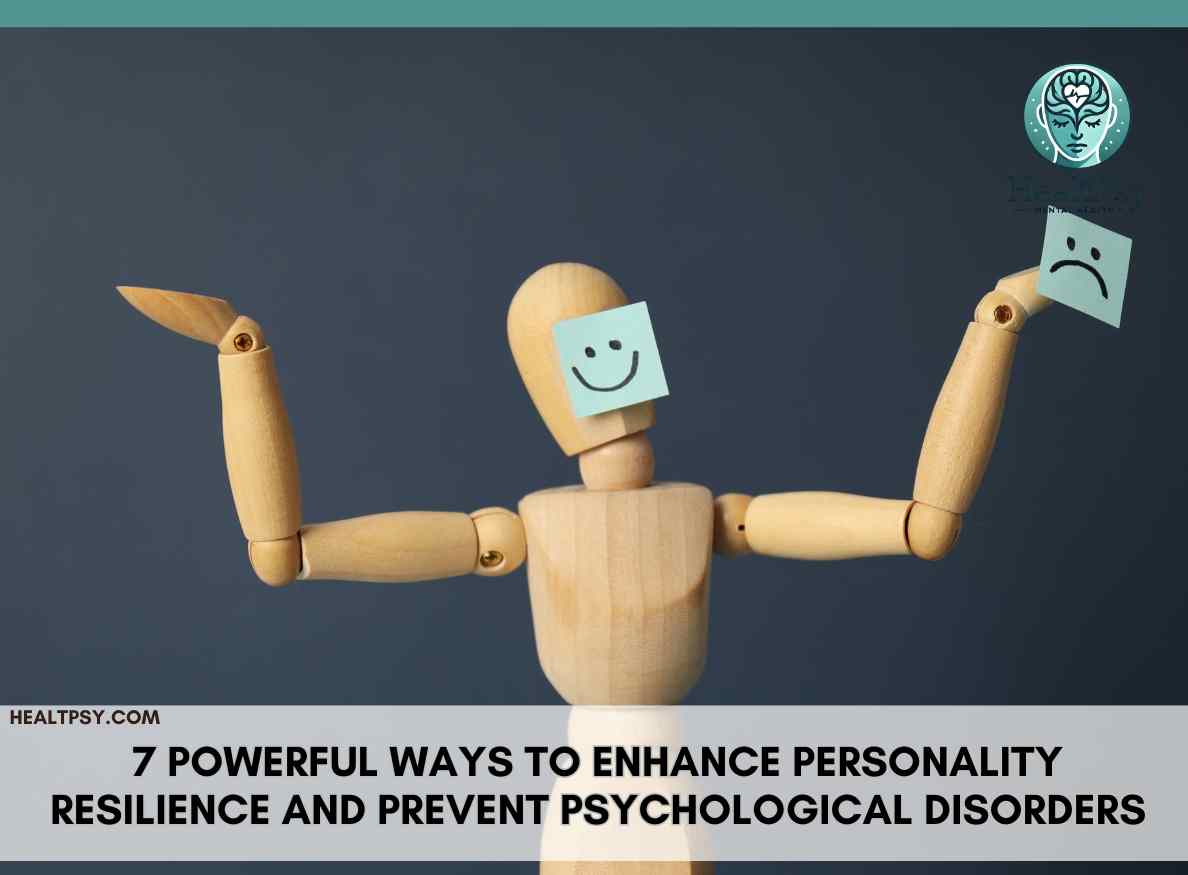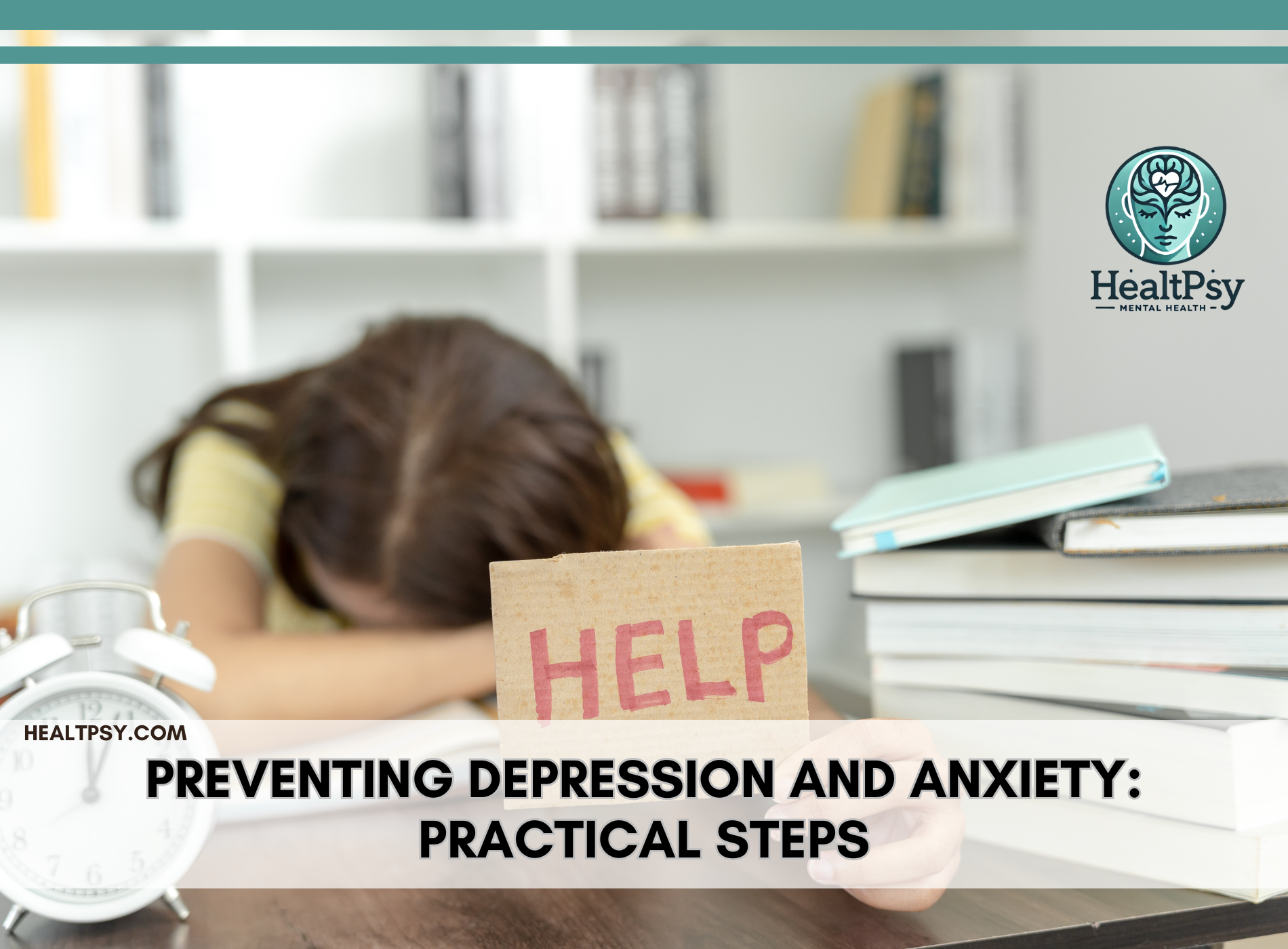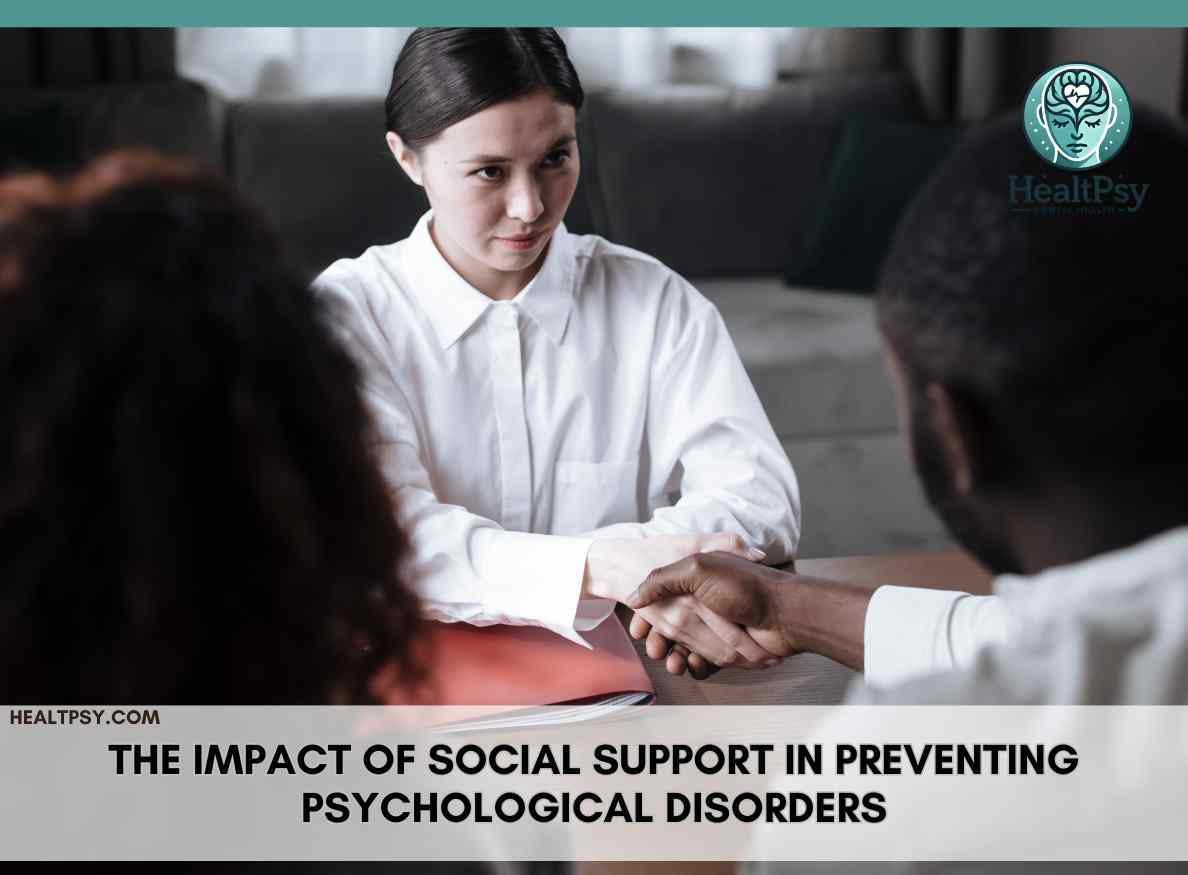7 Powerful Ways to Enhance Personality Resilience and Prevent Psychological Disorders
Introduction
Personality resilience is a key psychological trait that enables individuals to cope with stress, overcome adversity, and maintain mental well-being. In today’s high-pressure world, resilience plays a crucial role in preventing psychological disorders such as anxiety, depression, and burnout. Research from the American Psychological Association (APA) shows that individuals with strong resilience are less likely to develop long-term mental health conditions.
This article explores the importance of enhancing personality resilience, the scientific foundations behind it, and effective strategies to strengthen resilience to prevent psychological disorders.
📌 For more mental health insights, visit our section on Personal Growth and Self-Development.
Understanding Personality Resilience and Its Role in Mental Health
Resilience refers to an individual’s ability to adapt to challenges, recover from stress, and maintain emotional stability. According to research from Harvard Medical School, resilience is not an inborn trait, but a skill that can be developed through practice.
1. The Science Behind Resilience and Mental Health
Resilience affects mental well-being through:
✔ Reducing cortisol levels, which helps manage stress.
✔ Strengthening neural pathways, improving emotional regulation.
✔ Enhancing coping mechanisms, preventing long-term psychological disorders.
For more research, check out the American Psychological Association (DoFollow).
7 Ways to Enhance Personality Resilience and Prevent Psychological Disorders
1. Cultivating a Growth Mindset
A growth mindset helps individuals view challenges as opportunities for personal development rather than obstacles. This can be achieved through:
✔ Positive self-talk and reframing negative thoughts.
✔ Embracing failures as learning experiences.
✔ Seeking continuous self-improvement through education and skill-building.
📌 Related: Personal Growth and Self-Development
2. Building Strong Emotional Regulation Skills
Resilient individuals are emotionally self-aware and capable of managing their feelings effectively. Techniques include:
✔ Practicing mindfulness and meditation to enhance self-control.
✔ Using deep breathing exercises to reduce anxiety.
✔ Identifying emotional triggers and developing coping mechanisms.
📌 Related: Managing Psychological Stress
3. Strengthening Social Connections
Social support plays a crucial role in building resilience. Research indicates that individuals with strong social connections are less likely to develop depression and anxiety disorders. Strategies include:
✔ Maintaining close relationships with supportive friends and family.
✔ Engaging in social activities and support groups.
✔ Seeking professional counseling when needed.
📌 Related: The Impact of Social Support in Preventing Psychological Disorders
4. Developing Healthy Coping Mechanisms
Coping mechanisms determine how well an individual manages stress and adversity. Effective strategies include:
✔ Journaling emotions and thoughts to process feelings healthily.
✔ Engaging in creative outlets such as art, music, or writing.
✔ Participating in relaxation techniques, such as yoga and progressive muscle relaxation.
📌 Related: The Importance of Self-Care in Preventing Psychological Issues
5. Practicing Self-Compassion and Positive Affirmations
Self-compassion helps individuals treat themselves with kindness instead of self-criticism. This can be cultivated by:
✔ Using positive affirmations to reframe self-doubt.
✔ Avoiding perfectionism and unrealistic expectations.
✔ Practicing gratitude and recognizing personal achievements.
📌 Related: The Science of Digital Well-Being
6. Maintaining Physical Health for Psychological Resilience
Physical well-being is directly linked to mental resilience. Studies show that:
✔ Regular exercise reduces symptoms of depression and anxiety.
✔ Healthy nutrition supports cognitive function and mood regulation.
✔ Sufficient sleep enhances mental clarity and emotional stability.
📌 Related: The Importance of Sleep and Proper Nutrition in Stress Relief
7. Seeking Professional Help When Needed
Even the most resilient individuals may need professional guidance to cope with extreme stress. Therapy and psychological counseling can:
✔ Provide structured strategies for emotional regulation.
✔ Help individuals reframe negative thought patterns.
✔ Offer a safe space for expressing emotions and receiving guidance.
📌 Find professional support here: Personality Support and Therapy
Conclusion
Enhancing personality resilience is a powerful tool for preventing psychological disorders and improving overall mental health. By developing emotional regulation, building strong social connections, maintaining physical well-being, and practicing self-compassion, individuals can significantly reduce stress and improve their quality of life.
📌 Explore more resilience-building strategies: Personal Growth and Self-Development
Personality Resilience. Personality Resilience. Personality Resilience. Personality Resilience. Personality Resilience?
you might also like





